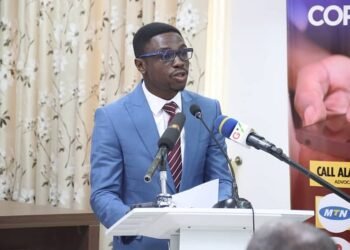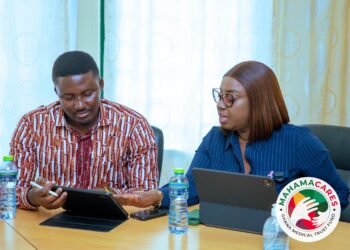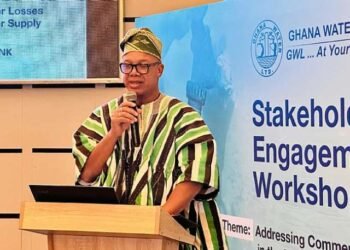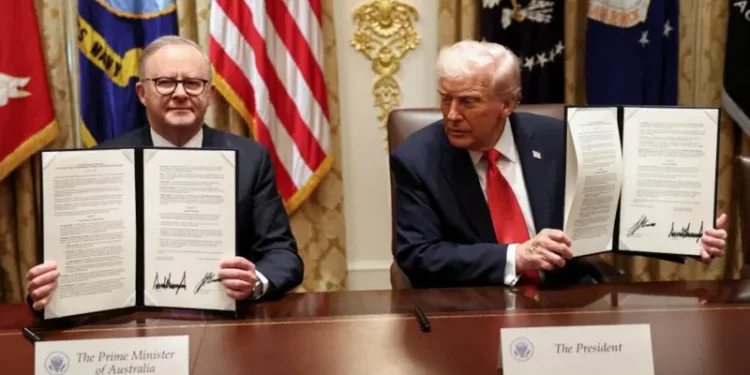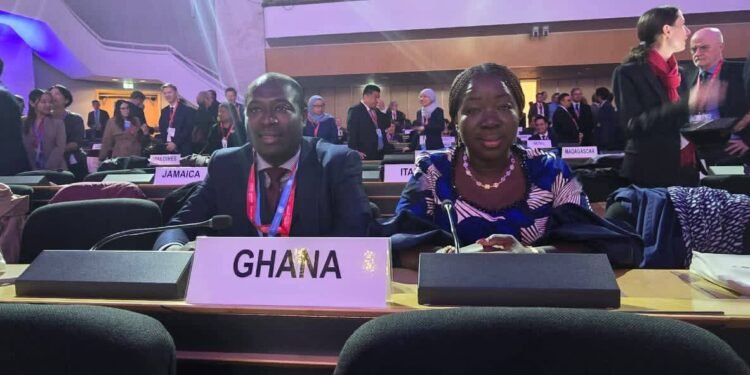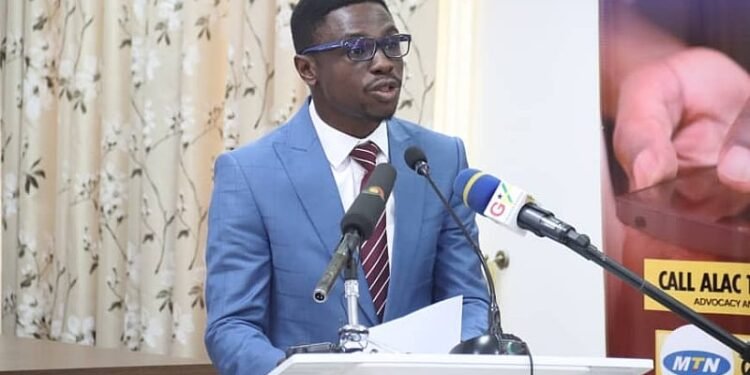The Court of Appeal sitting in Koforidua has granted an interlocutory injunction restraining John Peter Amewu from holding himself as the Member of Parliament for the Hohoe Constituency in the Eighth Parliament of the Fourth Republic.
The injunction also bars the Speaker of Parliament from processing or paying any entitlements to Mr. Amewu as a former Member of Parliament until the substantive appeal against his election is heard and determined.
In the long-running legal dispute between Professor Margaret Kweku and other members of the Santrokofi, Akpafu, Likpe, and Lolobi (SALL) traditional areas, who have consistently contested the validity of Mr. Amewu’s 2020 election on the grounds of jurisdiction and constitutionality, this most recent decision represents a significant turn.
Justice Bright Mensah presided over the case, while Justices Noble Nkrumah and Hafisata Amaleboba (Mrs.) made up the appellate court’s panel.
On December 23, 2024, the SALL residents filed an interlocutory injunction through their lead attorney, the esteemed legal scholar Mr. Tsatsu Tsikata, following the outcome of their appeal against a Ho High Court decision from July 29, 2024.
The High Court, presided over by Justice Owoahene Acheampong, had dismissed their election petition against Mr. Amewu on the procedural basis that it lacked jurisdiction to entertain the matter.

Following that dismissal, a Notice of Appeal was promptly filed on July 31, 2024, setting the stage for the latest legal confrontation.
SALL’s Exclusion
At the heart of the petitioners’ argument is the claim that the Electoral Commission’s decision to exclude the SALL traditional areas from voting in the 2020 parliamentary elections effectively disenfranchised thousands of eligible voters, rendering the parliamentary election in Hohoe fundamentally flawed and illegitimate.
Arguing in favour of the injunction, Mr. Tsikata passionately urged the Court of Appeal to uphold the principles of fairness and constitutional justice.
He submitted that allowing Mr. Amewu to continue receiving parliamentary entitlements or presenting himself as a Member of Parliament while a serious constitutional appeal was pending would prejudice the outcome of the case and undermine the legitimacy of the judicial process.
Mr. Tsikata further emphasised that the appeal raised weighty legal questions that required resolution by the appellate courts and that it was only just and proper for the status quo to be preserved by restraining all actions that presume finality of Mr. Amewu’s election.

On the opposing side, counsel for Mr. Amewu, Mr. Kofitse, argued that his client had not committed any wrongdoing and should not be held liable for the electoral commission’s alleged missteps.
He maintained that Mr. Amewu was merely a candidate in the parliamentary contest and that the responsibility for any procedural or jurisdictional infractions should lie squarely with the Electoral Commission.
Nevertheless, the three-member appellate panel found the application for interlocutory injunction to be meritorious.
Delivering the court’s decision, Justice Bright Mensah held that it was in the interest of justice to restrain Mr. Amewu from continuing to benefit from an election result that is under serious constitutional challenge.
The panel concluded that a failure to grant the injunction could render the appeal nugatory and cause irreparable harm to the petitioners.

The ruling has rekindled the national dialogue on the controversial SALL disenfranchisement issue, which has persisted since the general elections of 2020.
Many legal experts and civil society organisations have all condemned the exclusion of the SALL traditional areas from the parliamentary vote, which continues to be one of the most contentious incidents in Ghana’s recent electoral history.
Fundamental concerns have also been brought up by the case regarding the Electoral Commission’s responsibility to guarantee inclusive participation in Ghana’s democratic processes and the available channels of accountability in cases where administrative decisions violate constitutional rights.
By this decision, the Court of Appeal has affirmed the principle that no Ghanaian should be denied the right to vote or representation in Parliament because of administrative errors or jurisdictional technicalities, indicating its willingness to give the complaints of the disenfranchised residents of the SALL areas a fair hearing.
READ ALSO: Databank Research Projects Steady Policy Rate as BoG Eyes Disinflation Path




